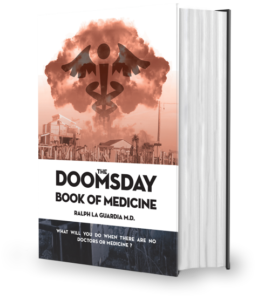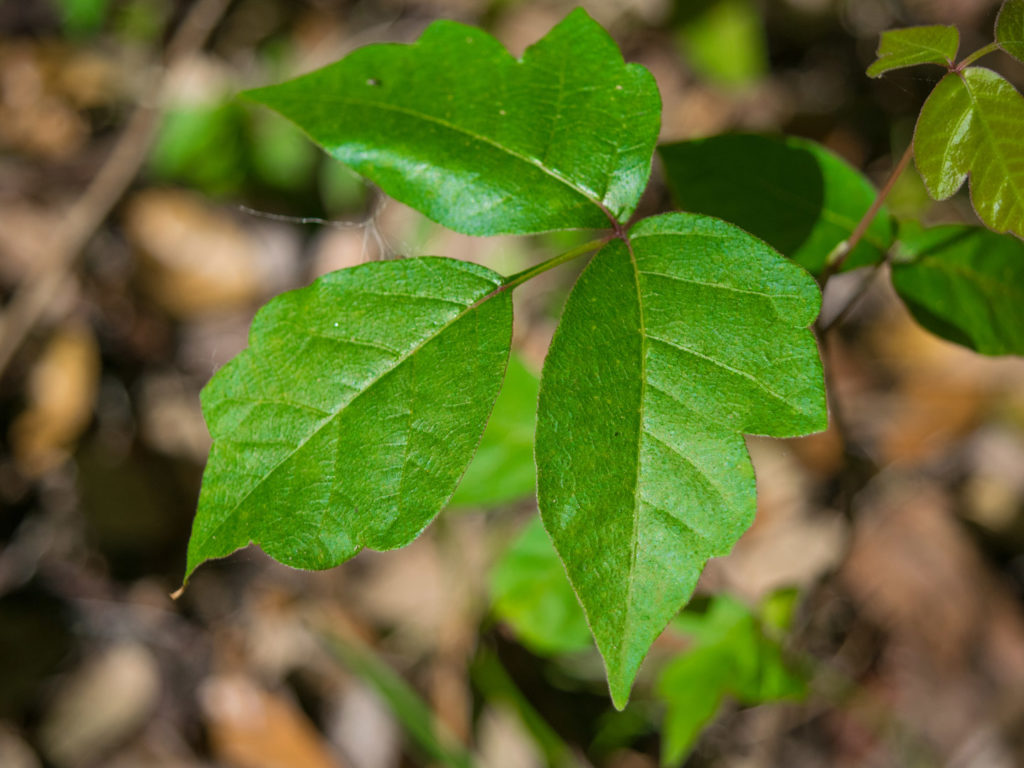7 Survival Uses of All-Purpose Mouthwash
Where would we be today without mouthwash? Probably brushing our teeth several times per day in order to get rid of all those food pieces. Wouldn’t call it a marvel a technology, but mouthwash does have its uses and, some of them, go way beyond oral hygiene.
And because I was thinking the other day about reasons to stockpile even more mouthwash than usual, I ended up burning the midnight oil to see what that stuff’s good for apart from, well, using it to wash your mouth. Of course, I won’t bother you with tall tales about guys using mouthwash and mumbo-jumbo to summon otherworldly beings, but I did discover some very interesting facts about this stuff.
Did you know that there was a time when FDA was seriously considering blackballing mouthwash on account of a freak study that linked this substance to oral cancer? Of course, it was later proven that the study was a bogus and that the only severe reaction mouthwash can cause is the so-called black tongue – basically, the tongue grows tired of shedding dead skin cells which end up sitting there, is not pretty.
The black color is the result of a chemical reaction between an oxidizer commonly found in mouthwash and the dead skin cells. No reason for alarm, as it is not life-threating (just use a brush with soft bristles to scrape your tongue or chew some gum).
Anyway, back to the topic du jour – mouthwash in survival. As many common household items, mouthwash can also be used during an SHTF situation. Here are my choices in alternative uses of mouthwash.
Antiseptic
Let’s start by stating the obvious – since mouthwash was designed to kill bacteria responsible for tooth decay and bad breath, it’s safe to assume that it has strong antibacterial properties. If you don’t have anything else on hand, you can always pour a bit of mouthwash on small scrapes and nicks. Word of caution though – this stuff’s going to sting like hell.
Have you ever tried to disinfect a minor wound with medicinal alcohol? It stings even worse than that. Don’t forget to wash with clean water and flush the area with a saline solution – mouthwash contains other substances that really don’t belong inside the wound.

Get this book now and learn such facts as: The Antioxidant 550 times stronger than vitamin E and 6,000 x More Powerful Than vitamin C. Get your copy here.
Washy-washy the toothbrush
As I’ve said countless of times, oral hygiene’s very important, no matter how shitty the situation is. If you ever find yourself stranded in the field, it may be possible to sterilize your toothbrush with a little bit of mouthwash. In fact, it’s quite advisable to do so before putting that thing in your mouth, especially if you’ve been on the road all day.
If you want to make sure that toothbrush’s germ-free, I would advise soaking it in mouthwash – grab a zip-lock bag or small airtight container, put the toothbrush inside, pour a little mouthwash, seal, and stir.
No more stinky feet
Yeah, I know that this not qualify as an SHTF situation, but try sleeping in a closed tent after a day of walking, hiking, running or whatever. In case you don’t have any soap nearby, just drizzle some mouthwash on those mutton chops, rinse with water, and dry yourself with a towel. Yes, you’ll have less mouthwash, but at least you’ll get a good night’s sleep.
Itchiness and Accidental Poisoning
There’s nothing more thrilling than the feeling of tiptoeing through poison ivy or nettles. Don’t fret, don’t whine, and, most importantly, stop scratching. Put a bit of mouthwash on the sting, and you’ll be up on your feet in no time. Just be sure you use an alcohol-based solution – the other kind won’t be of any use to you in this situation.
Ensuring that your cooking stuff is germ-free
One thing hikers and backpackers fail to observe are keeping their food utensils clean. Yes, I know no one will be in the mood for washing plates and cutlery after a hearty meal, but this would mean extending an invitation to all kind of nasty germs.
Now, if you don’t have anything on hand to sterilize your plates, and that includes clean water, you can always use a bit of mouthwash. Shake the bottle for some foam – it will be easier to remove grease and anything sticking to the plate.
Makes body stink go away
Because no good deed should go unpunished, the result of pushing your body beyond its limits is a nasty smell. From where I stand, there are two options – either you wait until you find a source of water to take a bath or do something before the smell curls your toes.
If you have nothing else in your B.O.B, use a tiny amount of mouthwash to wash those stinky body parts. Works great for the armpits, chest, and legs, but I wouldn’t try it elsewhere.
No hand sanitizer? Not a problem.

Hygiene’s important but it becomes vital in a shit hits the fan situation. Apart from the fact that most of the environments you’ll be traversing are riddled with all manner of germs that would like nothing more than to take a bit out of you, your hands will be in permanent contact with icky stuff. I don’t know if your B.O.B contains soap or not, but it should at least have a small bottle of hand sanitizer.
In the event you run out of the stuff, use some mouthwash to sterilize your hands. Might not be as powerful as a regular hand sanitizer, but at least your hands are clean enough to handle food or tend a wound. I don’t judge.
And so, we come to the end of yet another entertaining piece of how everyday items can save our lives in a potentially life-threatening situation. Mouthwash is indeed a good thing to have around the home, regardless if you’re a hygiene freak or not. Just to be safe, you should throw in a couple of small mouthwash bottles in your B.O.B. Missed anything? Drop a line or two in the comment section and let me know.
Other self-sufficiency and preparedness solutions recommended for you:
The Lost Ways (The vital self-sufficiency lessons our great grand-fathers left us)
Survival MD (Knowledge to survive any medical crisis situation)
Backyard Liberty (Liberal’s hidden agenda: more than just your guns…)
Alive After the Fall (Build yourself the only unlimited water source you’ll ever need)
The Lost ways II (4 Important Forgotten Skills used by our Ancestors that can help you in any crisis)
The Patriot Privacy Kit (Secure your privacy in just 10 simple steps)
Where would we be today without mouthwash? Probably brushing our teeth several times per day in order to get rid of all those food pieces. Wouldn’t call it a marvel


